The Open Philanthropy Project spoke with Dr. Drescher as part of its investigation into which types of beings should be of moral concern, and thus a potential target for the Open Philanthropy Project’s grantmaking. This conversation focused on one particular factor plausibly relevant to whether a being should be of moral concern or not — namely, whether that being is phenomenally conscious, and what the character of its conscious experience is. Conversation topics included potential
types of algorithms that might be components of phenomenal consciousness (such as Dr. Drescher’s “Cartesian Camcorder” and “qualia as gensyms” proposals), and the potential moral implications of potential variations in such cognitive algorithms.
